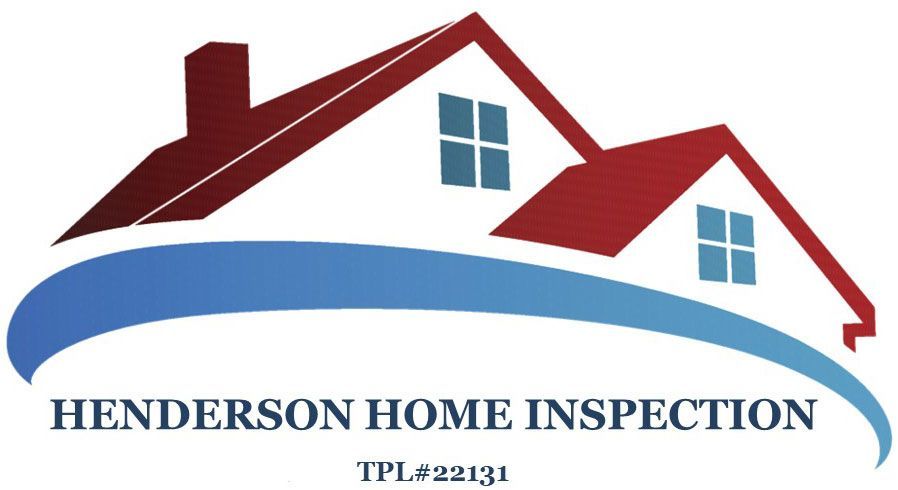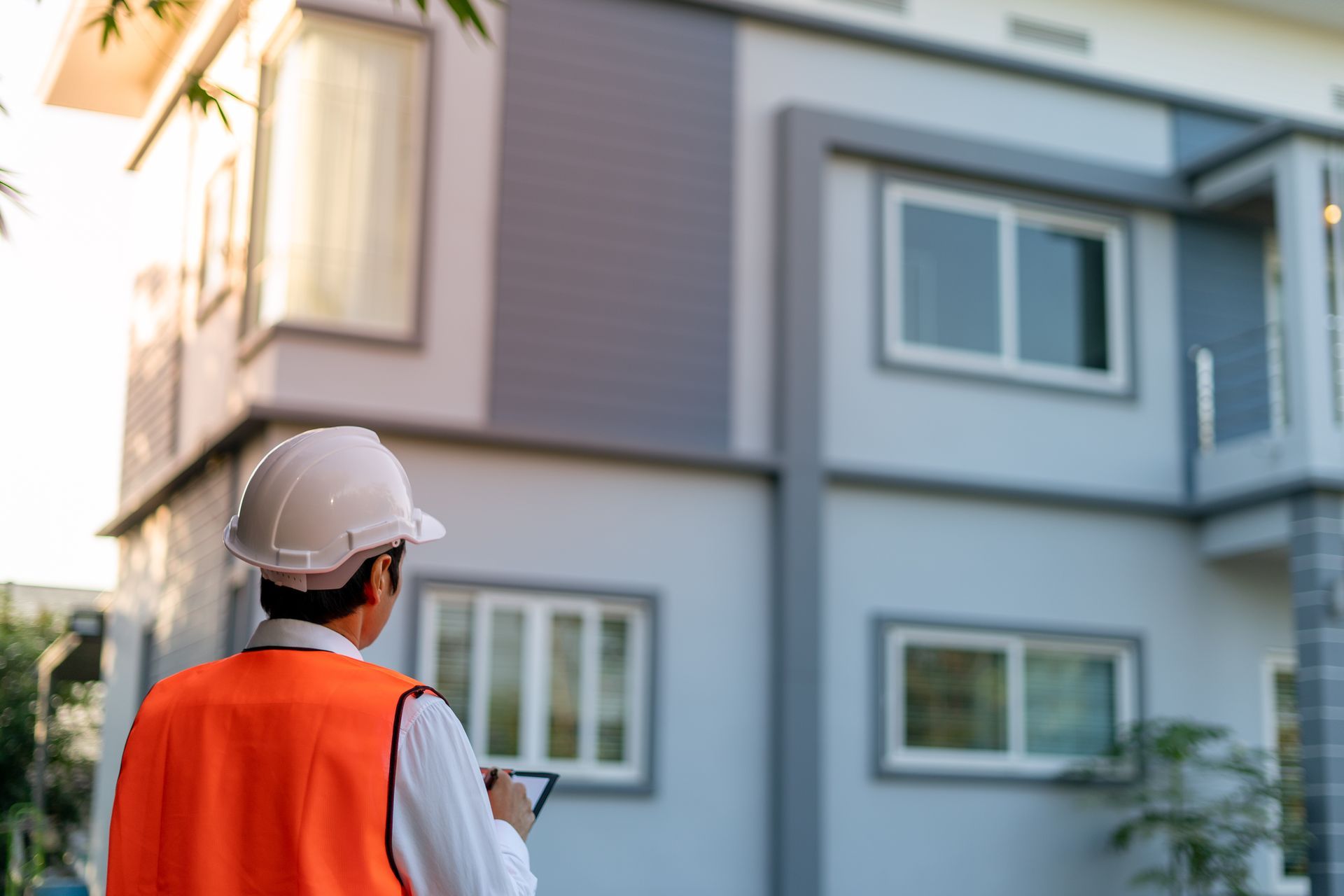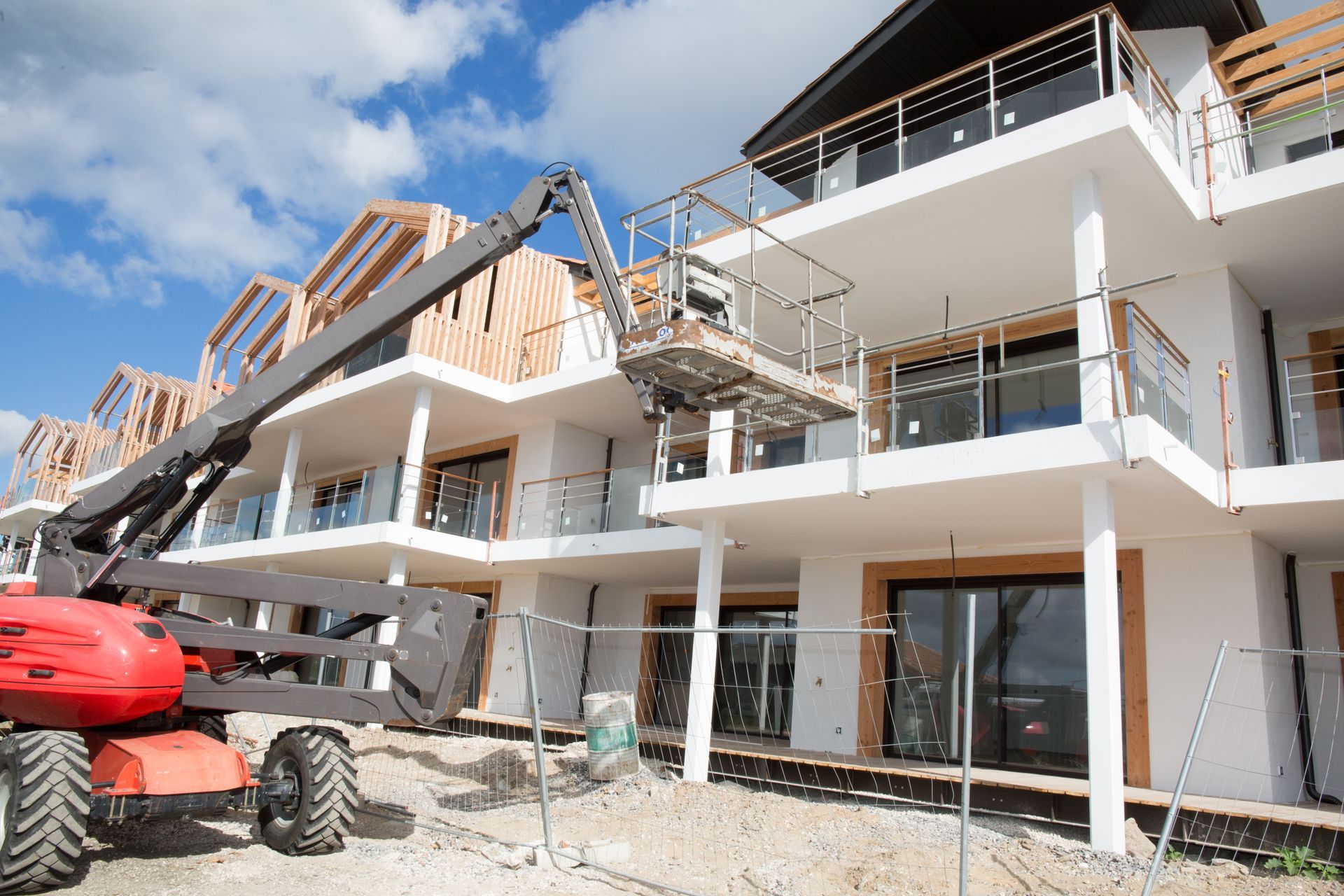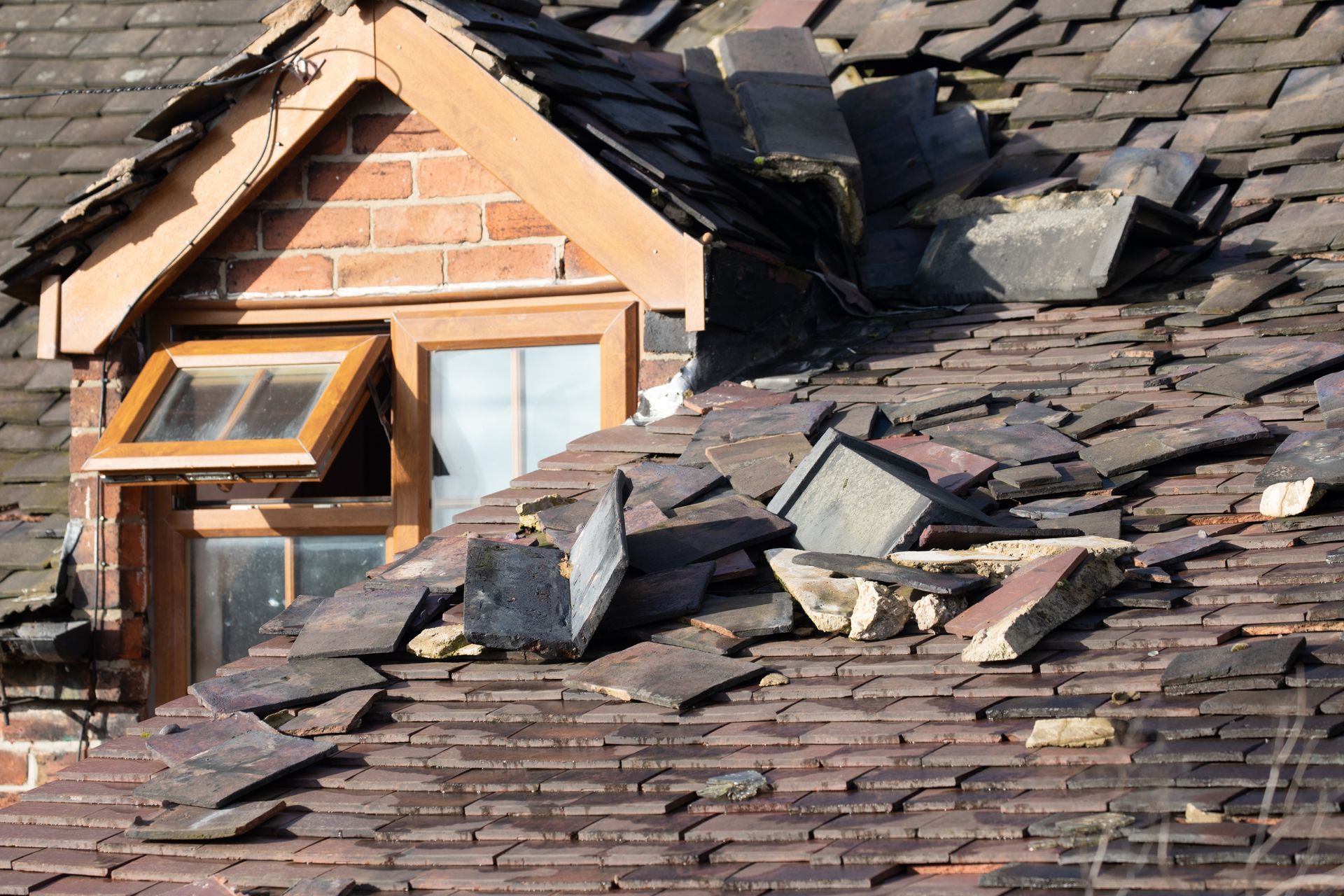Swimming Pool Inspections: Why You Need Them and What to Expect
As summer approaches, the thought of relaxing in your own backyard swimming pool may sound like a dream come true. But before you start planning those pool parties and lazy afternoons floating on a unicorn pool float, there's an important aspect of pool ownership that many people overlook - regular pool inspections. Pool inspections are essential for maintaining the safety, functionality, and longevity of your pool. In this blog post, we'll dive into the importance of regular swimming pool inspections and why they should be a top priority for all pool owners.
Why are Swimming Pool Inspections Important?
1. Safety First
The safety of your family and guests should be your number one priority as a pool owner. According to the Consumer Product Safety Commission (CPSC), there were approximately 6,600 emergency department-treated injuries associated with pools or spas in 2019. And even scarier, the majority of these incidents involved children under the age of 5. By having regular pool inspections, you can identify any potential safety hazards and address them before they become a serious issue.
2. Prevent Costly Repairs
Regular pool inspections can also save you thousands of dollars in potential repairs. A certified pool inspector will be able to identify any minor issues before they turn into major and expensive problems. For example, a small crack in the pool's foundation can quickly turn into a leak, causing serious damage to your pool and potentially your property. By catching these issues early on, you can save yourself from the headache and financial burden of a major pool repair.
3. Avoid Fines and Legal Troubles
In some areas, pool owners are required by law to have their pools inspected regularly. These laws are in place to ensure the safety of pool users and can come with hefty penalties if not followed. By neglecting pool inspections, you not only put your family and guests at risk, but you could also face legal troubles and fines. Avoid the headache and potential money drain by staying up-to-date with your pool inspections.
What Happens During a Swimming Pool Inspection?
Now that we've established the importance of regular pool inspections, let's dive into what actually happens during an inspection. A certified pool inspector will examine various aspects of your pool, including:
1. Pool Structure and Equipment
During an inspection, the overall structure and condition of the pool will be closely examined. This includes the pool's walls, floors, coping, and decking. The inspector will also check the pool's equipment, such as pumps, filters, heaters, and lights, to ensure they are in good working condition.
2. Electrical and Plumbing Systems
The inspector will also examine the pool's electrical and plumbing systems to identify any potential safety hazards or code violations. This includes checking for proper grounding and bonding of the electrical components, as well as inspecting the pool's plumbing for leaks or damage.
3. Safety Features
Another important aspect of a pool inspection is checking for the presence and proper functionality of safety features. These can include pool covers, fences, gates, and alarms. In some areas, these safety features are required by law, so it's crucial to make sure they are in working order.
4. Water Quality
The inspector will also test the water quality of your pool, looking for proper chemical balances and signs of algae or bacteria growth. This is important not only for the health and safety of pool users but also for the longevity of your pool's equipment.
What to Do After a Swimming Pool Inspection?
After your pool has been inspected, your certified pool inspector will provide you with a detailed report outlining any findings, recommendations, and potential safety hazards. It's important to address these issues promptly, to maintain the safety and functionality of your pool. Here are some steps you can take after receiving an inspection report:
1. Fix Any Issues Found During Inspection
If there are any minor issues identified during the inspection, it's important to address them promptly to prevent them from turning into major problems. This may include replacing a damaged pump or fixing a leak in the pool's plumbing.
2. Schedule Regular Maintenance
Regular maintenance is key to the longevity and safety of your pool. This can include tasks like cleaning the pool, maintaining proper chemical levels, and checking for any signs of wear and tear. Your inspector may also recommend specific maintenance tasks based on the findings of the inspection report.
3. Consider Upgrading Old Equipment
If your pool's equipment is outdated or showing signs of wear and tear, it may be time for an upgrade. Investing in new, energy-efficient equipment not only ensures the safety and functionality of your pool, but it can also save you money in the long run.
4. Schedule Your Next Inspection
Regularly scheduling pool inspections is crucial for maintaining the safety and functionality of your pool. Your inspector will provide you with a recommended timeline for future inspections, based on the current condition of your pool. Be sure to follow this timeline to stay on top of potential issues and keep your pool in top shape.
Get Your Pool in Tip-Top Shape: Schedule a Professional Inspection Service in North Central Texas
Is your pool ready for summer? Don't take the plunge until you've had a professional pool inspection from Henderson Home Inspection. Our team of certified pool inspectors not only specializes in pool inspections, but we also offer a variety of other services to meet all of your home inspection needs. From buyers and sellers inspections to warranty and new construction inspections and warranty inspections, we've got you covered. Contact us today at (214) 843-4003 to schedule your pool inspection and explore our other services.
At Henderson Home Inspection, we understand the importance of maintaining a safe and functional pool. That's why we go above and beyond to thoroughly inspect every aspect of your pool, from its structure and equipment to its water quality and safety features. Our detailed inspection reports will give you peace of mind and guidance on how to properly maintain your pool. Don't wait until it's too late, contact us today and let us help you keep your pool in tip-top shape.
FAQs
How often should I have my pool inspected?
It's recommended to have your pool inspected at least once a year. However, if your pool is heavily used or shows signs of wear and tear, more frequent inspections may be necessary.
What will happen if I neglect pool inspections?
Neglecting pool inspections can result in safety hazards, costly repairs, and even legal consequences. It's important to stay on top of pool inspections to ensure the safety and functionality of your pool.
How long does a pool inspection typically take?
The length of a pool inspection can vary depending on the size and condition of the pool. On average, a pool inspection can take anywhere from 1-2 hours.
Can I inspect my pool myself?
While basic maintenance tasks such as cleaning and checking chemical levels can be done by homeowners, it's recommended to have a certified pool inspector perform a thorough inspection to ensure all safety and code regulations are met.
Will my pool inspector provide me with a report?
Yes, after the inspection is complete, your pool inspector will provide you with a detailed report outlining any findings, recommendations, and potential safety hazards.


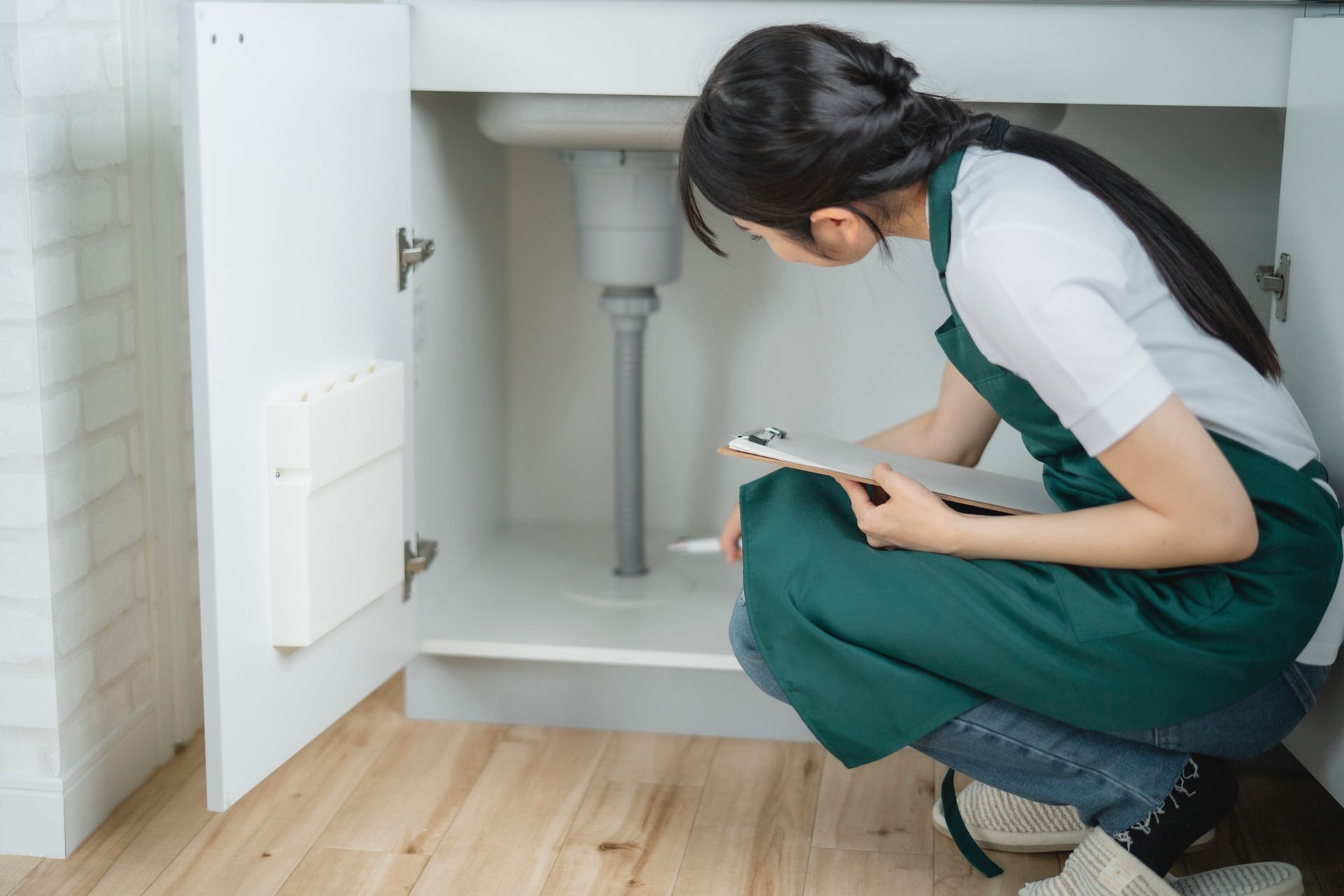




We Proudly Inspect Homes In North Central Texas
Not Sure if We Service Your City? Give Us a Call - We Can Work Something Out!

Quick Links
Inspection Services
Contact Us
- Mon - Sat
- -
- Sunday
- -
We accept cash and all major credit cards.
areas served
Copyright. Henderson Home Inspection. All Rights Reserved.
